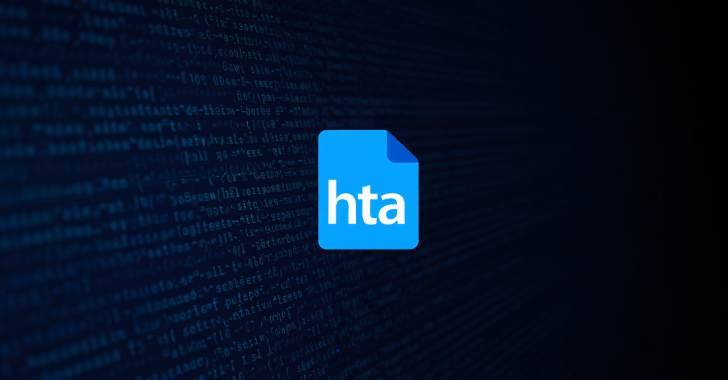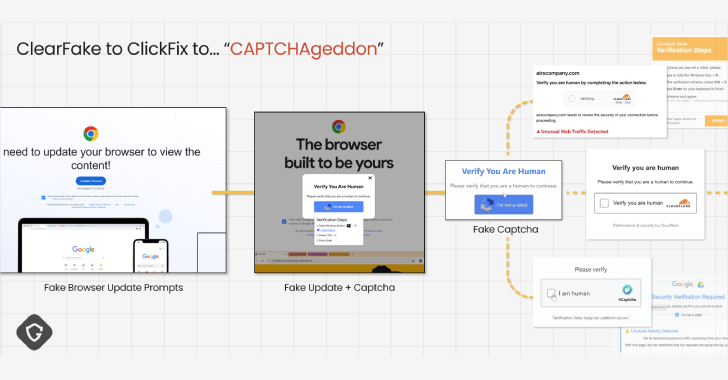
Frequently Asked Questions About CCPA Compliance
The California Consumer Privacy Act (CCPA) is a comprehensive privacy law that grants California residents greater control over their personal information. As a business owner or service provider, understanding and complying with the CCPA is crucial to protect consumer privacy and avoid potential penalties. In this article, we will address some frequently asked questions about CCPA compliance to help you navigate the complexities of this important legislation.
- What is the CCPA, and who does it apply to?
The CCPA is a privacy law that grants California residents certain rights regarding their personal information. It applies to businesses that meet one or more of the following criteria: (1) have an annual gross revenue over $25 million, (2) buy, receive, or sell personal information of 50,000 or more California residents, households, or devices, or (3) derive at least 50% of annual revenue from selling personal information.
- What rights do California residents have under the CCPA?
The CCPA grants California residents several rights, including the right to know what personal information is being collected, the right to opt out of the sale of personal information, the right to request deletion of personal information, and the right to non-discrimination in terms of price or service when they exercise their privacy rights.
- What is considered personal information under the CCPA?
The CCPA defines personal information as information that identifies, relates to, or could reasonably be linked, directly or indirectly, with a particular California resident or household. It includes not only traditional identifiers like names and addresses but also biometric data, IP addresses, geolocation data, and browsing history.
- How can businesses comply with the CCPA’s notice requirements?
Businesses must provide California residents with notices explaining their data collection and processing practices. These notices should disclose the categories of personal information collected, the purposes for which it is collected, the categories of third parties with whom it is shared, and the rights available to consumers under the CCPA. They should also include a “Do Not Sell My Personal Information” link on their website or mobile app.
- Do businesses need to update their privacy policies to comply with the CCPA?
Yes, businesses subject to the CCPA must update their privacy policies to include specific information required by the law. This includes a description of California residents’ rights, the categories of personal information collected, the sources of personal information, and the categories of third parties with whom the information is shared.
- Can businesses sell personal information under the CCPA?
The CCPA allows businesses to sell personal information, but California residents have the right to opt out of the sale. Businesses must provide an easily accessible opt-out mechanism and respect consumers’ choices.
- Can businesses charge different prices or provide different services based on a consumer’s exercise of their CCPA rights?
No, the CCPA prohibits businesses from discriminating against consumers who exercise their privacy rights. This means businesses cannot charge them higher prices, deny them goods or services, or provide them with a different level or quality of services.
- How should businesses handle consumer requests under the CCPA?
Businesses must establish processes to handle and respond to consumer requests regarding their personal information. They should provide multiple methods for submitting requests, such as toll-free phone numbers and online request forms. Businesses must verify the identity of the consumer making the request and respond within specific timeframes outlined in the CCPA.
- What are the potential penalties for non-compliance with the CCPA?
Non-compliance with the CCPA can result in significant penalties. The California Attorney General can bring civil actions and impose fines of up to $2,500 per violation or $7,500 per intentional violation. Additionally, consumers have a private right of action in certain circumstances, which may result in statutory damages ranging from $100 to $750 per consumer per incident.
- Is compliance with other privacy laws, such as the GDPR, sufficient for CCPA compliance?
While there are some similarities between the CCPA and the General Data Protection Regulation (GDPR), compliance with the GDPR does not automatically ensure compliance with the CCPA. The CCPA has its own specific requirements, including consumer notice obligations, opt-out mechanisms, and a different definition of personal information. Businesses should carefully assess their CCPA compliance independently from their GDPR compliance efforts.
- Are there any exceptions or exemptions under the CCPA?
Yes, the CCPA provides certain exceptions and exemptions. For example, some personal information collected under the Health Insurance Portability and Accountability Act (HIPAA) or the Gramm-Leach-Bliley Act (GLBA) may be exempt. Additionally, employee data and business-to-business (B2B) communications have limited exemptions until January 1, 2023.
- What steps should businesses take to achieve CCPA compliance?
To achieve CCPA compliance, businesses should:
– Determine if the CCPA applies to them based on the thresholds mentioned earlier.
– Understand the rights of consumers under the CCPA and establish processes to handle consumer requests.
– Update privacy policies and provide clear and comprehensive notices to California residents.
– Implement mechanisms for consumers to exercise their opt-out rights.
– Ensure data security measures are in place to protect personal information.
– Train employees on CCPA requirements and educate them on handling consumer requests.
– Regularly review and update practices to maintain ongoing compliance.
Complying with the CCPA may require legal expertise or consulting with professionals familiar with data privacy regulations.
In conclusion, understanding and complying with the CCPA is crucial for businesses that collect or process personal information from California residents. By addressing these frequently asked questions, you can gain a better understanding of the CCPA’s requirements and take steps to protect consumer privacy and avoid potential penalties. It is essential to regularly monitor updates and seek legal counsel to ensure ongoing compliance with this ever-evolving legislation.
Contact Cyber Defense Advisors to learn more about our CCPA Compliance solutions.





